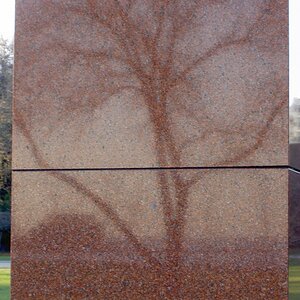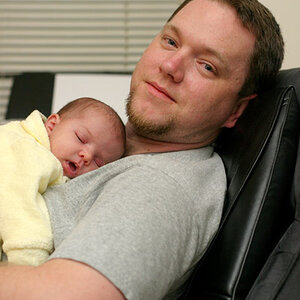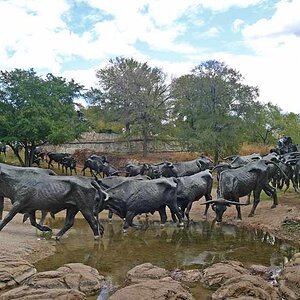sothoth
TPF Noob!
- Joined
- Jul 6, 2006
- Messages
- 250
- Reaction score
- 0
if you get an EF-S... then the image is sharper.
That's not really true. I think you're referring to the fact that each pixel on an EF-S sensor is smaller than each pixel on an EF sensor, so if you blow up the images proportionally to the sensor size (so the EF-S image would still be smaller than the EF image) you would be correct. But if you pack (for example) 8.2 million pixels onto a full size sensor versus 8.2 MP into an EF-S sensor, then blow both images up to the same size, say 8x10, the EF-S images will have to be blown up more to achieve the large image size and won't be the same quality. The only justification for smaller than 35mm sensors is the cost... the more silicon you use when making a CCD or CMOS, the more expensive it is. That's why a company like Canon puts the EF-S on their lower-end DSLRs and EF on their Pro and semi-pro models. It makes the entry level cameras more affordable but then you're better off buying the lenses for the EF-S sensor cameras.
The other reason they don't make the ultra wide angle lenses for full size sensors is that digital sensors aren't as good as film for capturing light that hits the sensor at an extreme angle as 35mm film is, so you get more distortion of the image if the angle is really wide. That's not counting what FMW said about the distance, etc, which may also be true.




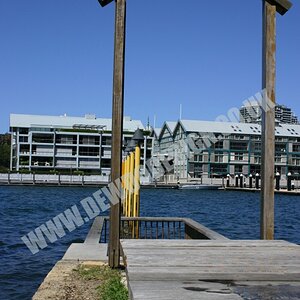
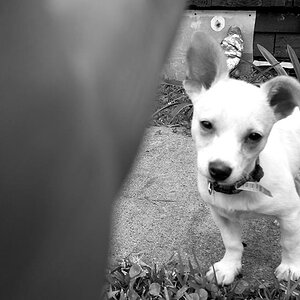
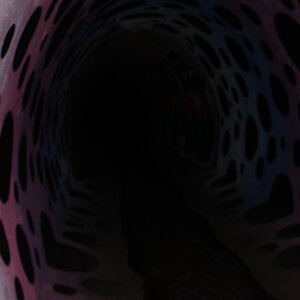
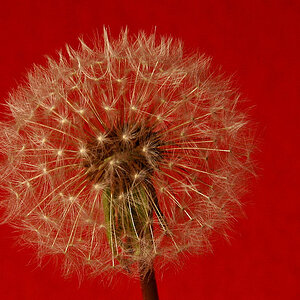
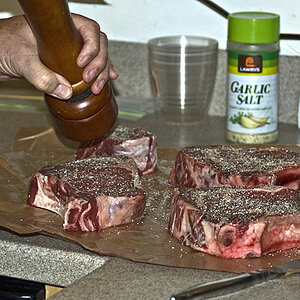
![[No title]](/data/xfmg/thumbnail/39/39271-04ff6ce1fbcda2b0d41ad7ee08cff91a.jpg?1619738950)
